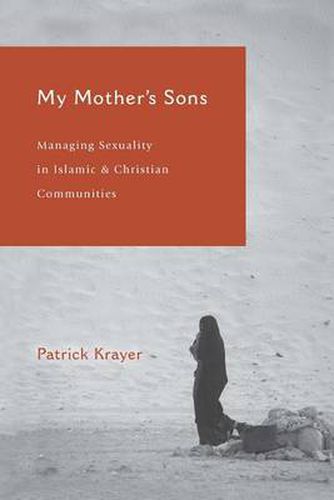Readings Newsletter
Become a Readings Member to make your shopping experience even easier.
Sign in or sign up for free!
You’re not far away from qualifying for FREE standard shipping within Australia
You’ve qualified for FREE standard shipping within Australia
The cart is loading…






This title is printed to order. This book may have been self-published. If so, we cannot guarantee the quality of the content. In the main most books will have gone through the editing process however some may not. We therefore suggest that you be aware of this before ordering this book. If in doubt check either the author or publisher’s details as we are unable to accept any returns unless they are faulty. Please contact us if you have any questions.
My Mother’s Sons provides a thoughtful model for how Western Christian workers can respectfully negotiate sexual boundaries and norms in Muslim contexts. Westerners are inclined to impose their own culturally shaped notions of gender equality and justice on non-egalitarian communities, alienating the very people they are seeking to serve. The author draws on his own research among Pakistani Pashtuns, intercultural theory, and exegesis of Christian and Islamic sacred texts to show that it is possible to work for transformational change without offending those who live within a patriarchal system.
$9.00 standard shipping within Australia
FREE standard shipping within Australia for orders over $100.00
Express & International shipping calculated at checkout
This title is printed to order. This book may have been self-published. If so, we cannot guarantee the quality of the content. In the main most books will have gone through the editing process however some may not. We therefore suggest that you be aware of this before ordering this book. If in doubt check either the author or publisher’s details as we are unable to accept any returns unless they are faulty. Please contact us if you have any questions.
My Mother’s Sons provides a thoughtful model for how Western Christian workers can respectfully negotiate sexual boundaries and norms in Muslim contexts. Westerners are inclined to impose their own culturally shaped notions of gender equality and justice on non-egalitarian communities, alienating the very people they are seeking to serve. The author draws on his own research among Pakistani Pashtuns, intercultural theory, and exegesis of Christian and Islamic sacred texts to show that it is possible to work for transformational change without offending those who live within a patriarchal system.